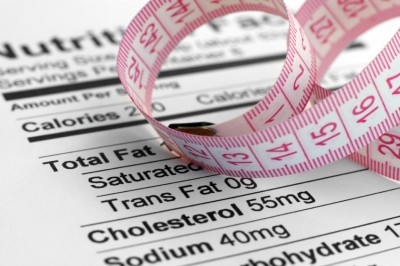WHO targets a trans fat-free Europe

It says that removing trans fats from food has been one of the most straightforward ways to improve diets and reduced heart disease risk – but lack of action in some European countries remains a serious concern. The WHO recommends that trans fat should account for less than 1% of a person’s total calories.
In its new “European Food and Nutrition Action Plan 2015-2020”, the WHO said it aimed to: “Develop and implement national policies to ban or virtually eliminate trans fats from the food supply, with a view to making the European Region trans fat-free. Although progress has been made in reducing this component, popular foods with high amounts of trans fats are still readily available, particularly in some parts of the Region and in some market segments.”
Millions of Europeans at risk
Two years ago, a pan-European study found that millions were still at risk of heart disease from trans fat consumption. The Danish study found that although artificial trans fat content of many foods declined significantly from 2005 to 2009, it was still possible to consume a diet relatively high in trans fats, particularly in Eastern Europe, as few countries had imposed legal limits on trans fat content.
The WHO said that five European countries had “bravely decided nearly to ban trans fats through regulation”, while others had taken the self-regulatory route.
Indeed, death from heart disease in Denmark has dropped significantly in recent years, although it is not possible to say for sure that this is as a result of the nation’s trans fat legislation.
“Despite this progress, the lack of policies or bans in many parts of the European Region remains a serious concern,” the WHO said in a statement. “Most consumers do not know that some food categories contain important amounts of trans fatty acids. Consumption in some population groups, particularly poorer people, can be very high.”
Support for Member States
Speaking at the WHO Regional Committee for Europe meeting in Copenhagen this week, the WHO’s regional director for Europe, Zsuzsanna Jakab,said: “A generalized ban would eliminate concern about potentially high intake by the most vulnerable groups but should be implemented in the context of improvements to the overall nutritional quality of food products, notably with no increase in saturated fats. WHO will support Member States to identify policy approaches appropriate to national contexts.”
Trans fat in the form of partially hydrogenated vegetable oil is useful for food manufacturers because it is low-cost, shelf-stable, and can withstand high temperatures during processing. However, research over the past decade has linked high levels of dietary trans fat with increased risk of heart disease, as it increases levels of LDL (low density lipoprotein, or ‘bad’) cholesterol, while also decreasing levels of HDL (high density lipoprotein, or ‘good’) cholesterol in the blood.






























